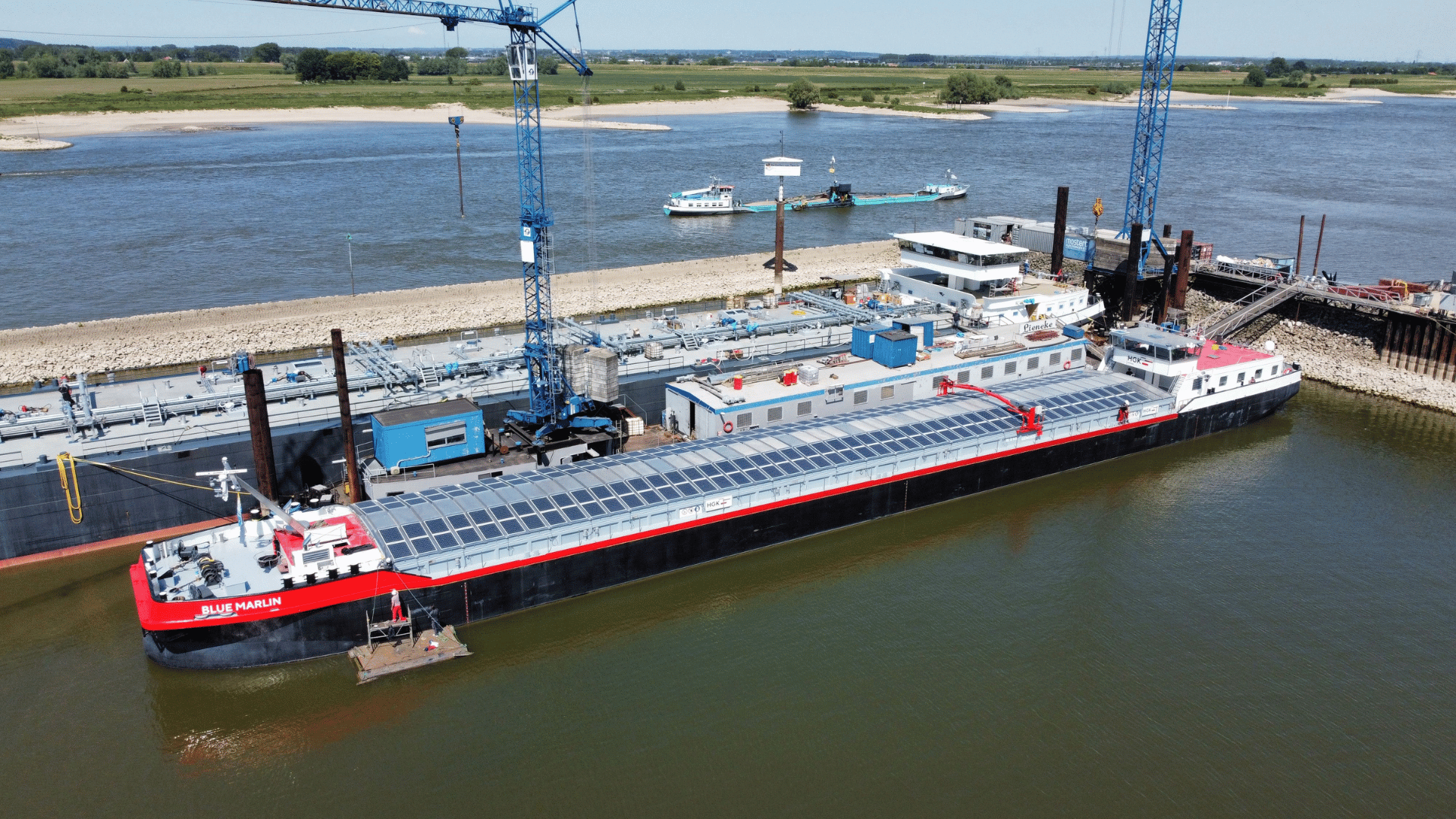Let’s travel back to the 17th century, right before the Industrial Revolution. It’s a bit cold out, so you bundled up in heavy layers and lit a fire. The mill where you work is powered by a water wheel. Once the grain is milled, you take it to various distributors with your horse and wagon. This was the extent of our energy consumption–mostly relying on what nature gave us without using complex machines to modify it.

Then everything changed with the steam engine.
The steam engine (and, by extension, coal and the entire Industrial Revolution) completely upended how we consumed energy. While wood and wind were still in use, factories were able to sustain themselves using steam for the first time. Coal became the definitive energy source for most of the world, especially in the United States. But in an ironic twist, it’s slowly being phased out and replaced with the very energy sources it “killed” centuries ago, albeit in a very different manner.
As established, early energy sources used natural resources like the sun and wind. Little was done to convert the energy into a different kind of power, mostly since electricity wasn’t widespread like it is now. Instead, the most that was done to modify a source in any way was to burn it, a trend which continued as coal rose in popularity. The same happened to petroleum as it was processed into gasoline and burned in engines to power cars.
This persisted well into the late 20th century, with energy consumption doubling every ten years for a long time. The discovery of nuclear power during World War II only added to the tally, as nuclear power plants were planned to be built across the country. Gasoline was readily available, and cars became heavier and larger. This all came to a halt with the Great Energy Crash of the 70s and 80s. The Arab-Israeli War prevented oil from entering US borders, leaving gas prices to triple. The meltdown on Three Mile Island scared the American public away from nuclear energy. Energy conservation became the new norm… at least for a while.

Back to Basics
New demands on energy required new resources, so many turned back to the sources they originally shunned. Solar panels convert the sun’s energy into useable electricity. Hydroelectric dams, while already decently popular, were updated and renovated. Further research was completed to prevent nuclear meltdowns from happening, although nuclear power is still risky. Windmills were erected, ready to capture the breeze.
Because of dwindling supplies in fossil fuels like coal and oil, we’ve returned to the plentiful sources our ancestors used centuries ago. However, how we utilize and adapt this energy has changed dramatically. Because of our dependence on electricity, simply returning to fireplaces for warmth and horses for travel is out of the question. But thanks to the advancements in science afforded by the Industrial Revolution, we can adapt these renewable resources for modern life.
The evolution of energy is, in many ways, a closed circle. We started by using the abundant resources the planet provided us with before turning to finite supplies to spark technology and industrialism. Now we return to our former allies, using the technology afforded to us by coal and oil to make it more useful and modern. Will the cycle continue in the future? It’s hard to say, given the centuries (if not millennia) that need to pass before fossil fuels are plentiful again. But it is safe to assume the evolution of energy is far from over, even if the next step doesn’t occur in our lifetimes.
 Learn more about the World of Innovation, and discover sustainable hotels around the world, how recycled art turns trash into treasure, and how to make your car eco-friendly.
Learn more about the World of Innovation, and discover sustainable hotels around the world, how recycled art turns trash into treasure, and how to make your car eco-friendly.







